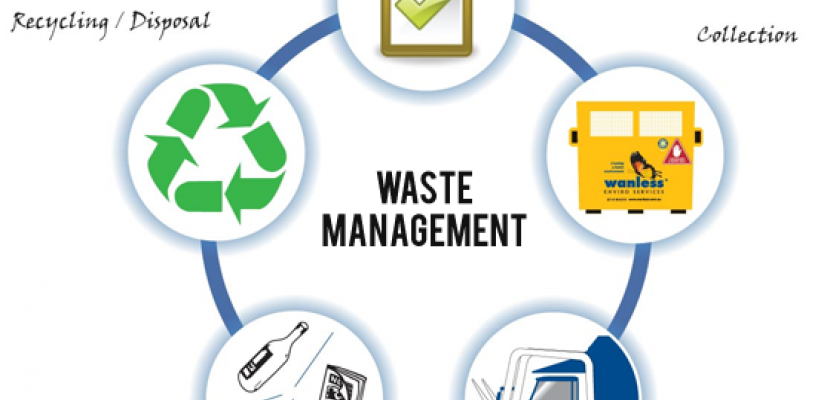Image

Application of Life-cycle assessment in optimization of municipal waste management systems
Published on 21 January 2021

Lithuania
This is the good practice's implementation level. It can be national, regional or local.
About this good practice
In the EU, regions have the responsibility to organize solid waste management. It is not uncommon that smaller municipalities lack a clear understanding of environmental and economic implications of different elements of municipal solid waste (MSW) management, which sometimes leads to sub-optimal strategic decisions. The GP reveals use of the Life cycle assessment (LCA) methodology based on the procedure and recommendations indicated in the European standards series – ISO 14040 and ISO 14044 to build a model and test different waste management scenarios in order to see whether the waste management hierarchy is influenced by regional conditions. The study also tests to which variables in waste management systems the results of the LCA are most sensitive. The discussion is built around a case study in Alytus (Lithuania) where several waste management scenarios have been analyzed and compared in the LCA framework. The GP educe several methodology related issues and discusses what implications waste related policy intervention would have on the environmental outcomes of different waste management scenarios. The analysis included parameters defining the basic environmental impacts and the amount of waste. The purpose of the Good practice (GP) is to help local decision-makers in designing integrated waste management solutions that are optimal from the environment point of view. The GP is based on a case study, where several waste management scenarios were analyzed.
Resources needed
The research work and analysis was performed by a group of scientists (3 scientists). Main author dr. Jūratė Miliūtė-Plepienė. The data were provided by the regional waste management company Alytus RATC (Lithuania).
Evidence of success
The use of an LCA approach in modelling the waste management systems provided also a good opportunity to map the entire system in its entirety and makes it possible to assess the data quality requirements. The GP helped local decision-makers in designing integrated waste management solutions that are ecologically optimal. The discussion is built around a case study in Lithuania where several waste management scenarios have been analyzed and compared in the LCA framework.
Potential for learning or transfer
The potential for learning of the GP is related to the Environmental impact assessment in the region regarding the waste management scenarios selection using Life cycle approach. The LCA approach has already been used for more than 30 years for systematic evaluation of products, services and complex socioeconomic systems, including energy, water supply, transportation, and waste management. Several studies have shown the potential of LCA as a decision-support tool in evaluating different waste management scenarios and highlighting environmental ‘hot-spots’. The LCA approach and study was done in cooperation with Alytus Region Waste Management Centre (Alytus RATC). The helpful inputs and ideas in the work came from the RATC and the study of Municipal waste management was presented to the RATC administration. The study results showed the importance of conducting an LCA study, and the shortcomings of the existing waste management strategy in region.
Further information
Website
Good practice owner
You can contact the good practice owner below for more detailed information.
Organisation
Kaunas University of Technology

Lithuania
Contact
Profesor